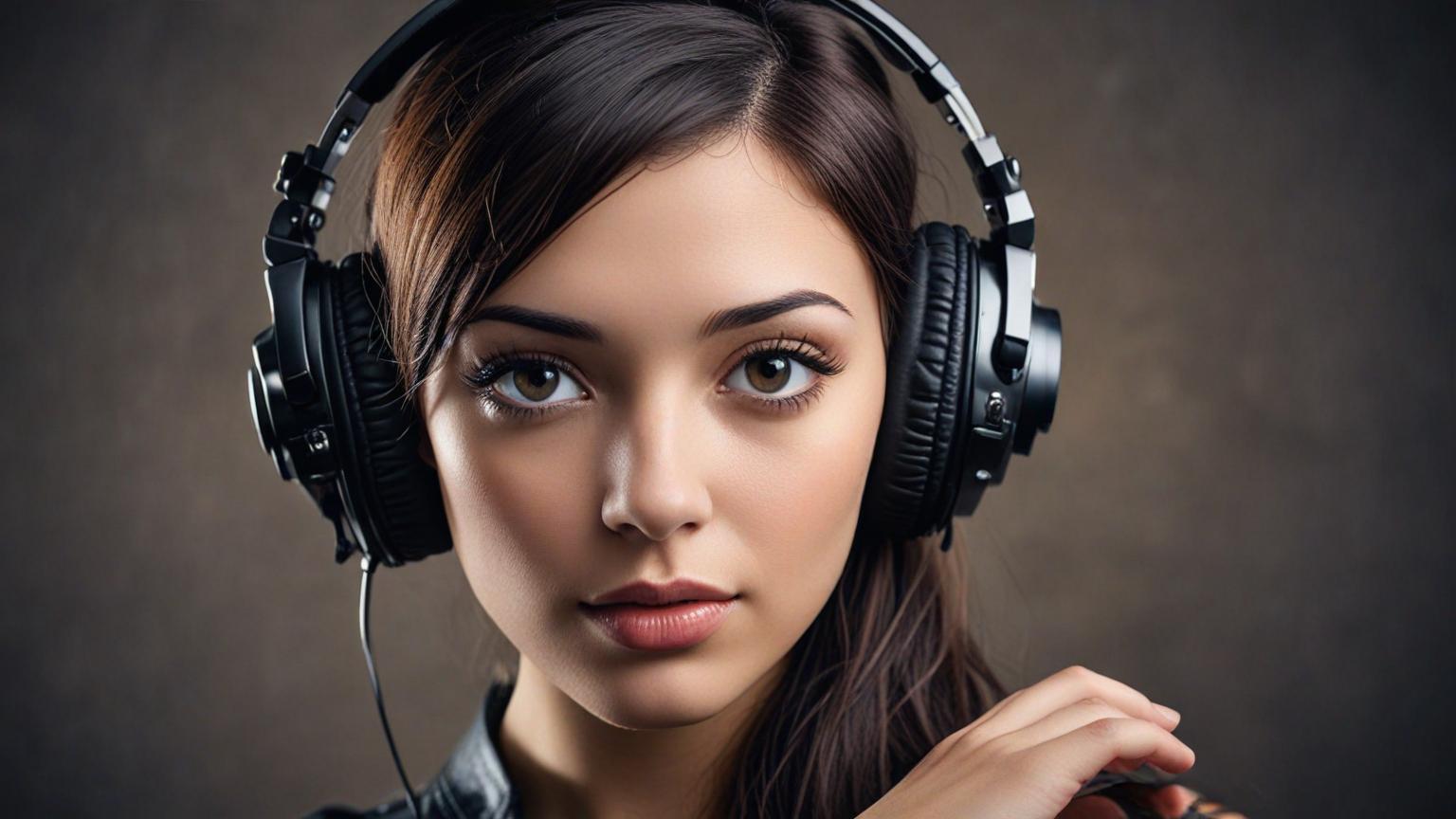In a dimly lit studio in downtown Los Angeles, a historic transformation in music creation is quietly underway. While guitar strings and drumsticks still play their part, they are now joined by an unexpected new player: artificial intelligence. Over the past decade, AI has gradually crept into the music production scene, initially as a tool to automate mundane tasks. Today, it holds the potential to redefine creativity as we know it.
The conversation surrounding AI in music is polarizing. On one side, you have purists, individuals who cherish the imperfections and humanity embedded within music. On the other side, burgeoning artists and producers, who see AI as a modern day muse, providing inspiration and boosting productivity.
Recent advancements in AI have allowed systems like OpenAI's Jukebox and Amper Music to generate compositions that mimic human creation, raising a natural question: Are machines stepping into the artist's shoes, or are they simply offering guidance through the creative maze?
For some, the key appeal of AI lies in its ability to eliminate barriers native to human composers such as fatigue or limited instrumental skills. Even seasoned producers have been found blending AI-generated beats and melodies with human input to craft unique and striking pieces.
Yet, there are cultural implications that must not be ignored. Music is an art form deeply intertwined with human expression, born from lived experiences and emotions. A growing concern in the industry is whether AI’s encroachment might ultimately drain music of its authenticity.
Moreover, AI systems are dependent on pre-existing data — a double-edged sword that often leads to ethical quandaries around originality and intellectual property rights. There's been a rise in disputes over AI-generated tracks that resemble existing songs, forcing policymakers to reconsider the legal frameworks governing artistic creation.
Experts suggest a balanced integration approach, where AI is used as an empowering co-creator rather than an overshadowing entity. By leveraging AI’s boundless potential for pattern recognition and processing, artists can delve into realms of creation previously inaccessible.
Despite reservations, employing AI in music could democratize the industry by allowing anyone with a creative idea to manifest it into song — transforming dreams into realities, affording diverse voices the opportunity to resonate across global soundscapes.
In the evolving world of music, AI stands as both a fascinating opportunity and a formidable challenge. The harmony between humanity and technology will echo through the annals of music history, as artists chart the melody of a new era, inspiring others to weigh the beauty of collaboration over the fear of replacement. As music aficionados and casual listeners, our ears are attuned, ready to experience the symphonic marriage of man and machine.
The rise of AI in music production: A creative companion or a concerning competitor?

